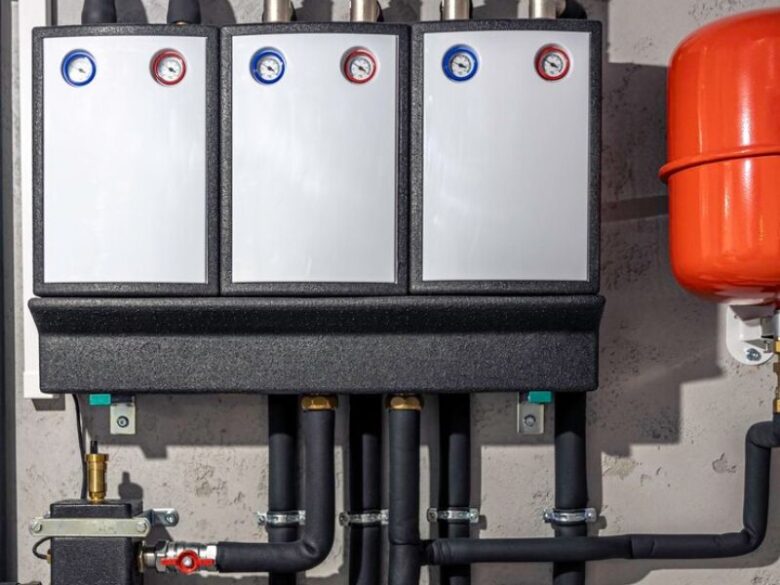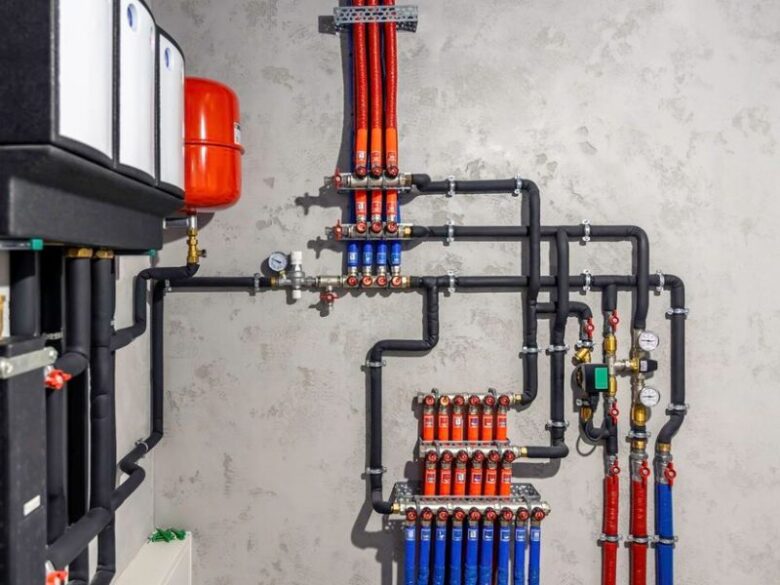The installation of a Heating Interface Unit (HIU) plays a critical role in ensuring efficient heating for properties using communal or district heating systems. Before starting the process, there are key points to keep in mind.
An HIU acts as a bridge between the communal system and individual homes, distributing heating and hot water. Proper installation guarantees optimal performance, improves energy efficiency, and helps maintain comfortable living conditions for residents.
Importance of Professional Installation
Hiring a qualified expert is non-negotiable. Heating Interface Units require precise installation by experienced professionals who understand both the technical requirements and the intricacies of the unit itself. Incorrect fitting or configuration can lead to inefficiency, frequent breakdowns, or even system failures.
Always opt for accredited engineers who have prior experience with HIU systems. Experts from HIU service in R&B London offer complete maintenance and repair solutions for your heating unit. They follow industry regulations and use high-quality materials.
Only professionals with experience can ensure that the unit operates optimally, which means energy savings and consistent performance.
Compatibility with Your System

Before installation begins, confirming the compatibility between the HIU and your current heating infrastructure is essential. Not all units work well with all systems. It is vital to check that your chosen HIU is appropriate for your heating setup. Your installer should review the system to ensure that no modifications are needed before starting. Any changes to pipework or connections could lead to additional costs and delays, so an initial inspection will help you avoid unexpected expenses.
Importance of Inspecting Pipework
Proper installation requires an assessment of your existing pipework. An efficient HIU depends on a solid foundation, and older or damaged pipework could hinder performance. Leaks, corrosion, or blockages in the pipes might need addressing before installation starts. Without this, even the most modern HIU won’t perform as expected.
Make sure your installer inspects the condition of the pipes to check for any repairs or replacements required. This assessment will not only protect the integrity of your heating system but also extend its overall lifespan. Keeping pipework in good condition ensures efficiency and cost-effectiveness in the long term.
Planning for Service and Maintenance
After installation, ongoing service is essential for keeping your HIU working efficiently. Regular check-ups prevent breakdowns and maintain the energy-saving benefits of your unit. Plan for an annual service to ensure everything remains in good condition.
The company or individual installing your HIU should provide a clear service plan. Make sure it includes preventive maintenance to identify minor issues before they become costly repairs. Always prioritize maintenance by professionals experienced with your specific system to ensure maximum performance.
Service intervals should not be neglected, as it directly impacts the unit’s lifespan and your energy bills. Choosing a professional with a strong reputation in HIU service and repairs will give you peace of mind.
The Benefits of a Properly Installed HIU

The right installation will optimize your energy consumption. Efficient energy use means reduced bills, which is one of the biggest advantages of a properly installed HIU. Additionally, a well-fitted unit will reduce noise pollution, ensuring a quiet environment.
Comfort should also improve, with better temperature regulation and fewer disruptions due to breakdowns or system malfunctions. A correctly installed HIU works more effectively and saves money on repairs over time. It will also provide steady hot water supply and more consistent heating.
Avoiding Common Installation Errors
There are several common errors made during installation that can lead to future problems. First, improper calibration is a frequent issue. If the unit isn’t calibrated correctly, you could face fluctuating temperatures or inefficient heating. Another common mistake is using incorrect materials for pipe connections, which can cause leaks or damage over time.
Lack of attention to water pressure is another issue. If the pressure isn’t monitored, it could lead to inconsistent heating or even damage the unit. Always ensure your installer pays attention to every detail to avoid unnecessary problems later on.
The Importance of Proper Commissioning
Once installation is complete, commissioning the HIU is critical. This process involves testing all aspects of the unit to ensure that it operates according to manufacturer specifications. It guarantees that everything functions correctly and efficiently.
Without proper commissioning, your unit could be prone to problems such as poor heating or increased wear on components. Ensuring that your HIU undergoes this vital step is non-negotiable. Make sure your installer follows through with full testing and verification procedures.
Commissioning should include tests for water pressure, flow rates, and temperature regulation to confirm that the unit will work smoothly.
Choosing the Right Model
The selection of the right HIU for your specific needs is essential. Consult with your installer to determine which unit best suits your heating system and home. Variables such as property size, heating demands, and budget will all influence your decision.
The Cost of Installation
The cost of installing an HIU can vary significantly. Factors such as unit price, installer rates, and any additional modifications to your heating system can influence the total price. Make sure to get a clear quote upfront.
Ask for a breakdown of the costs involved, including the price of the HIU itself and any labor or materials required. Avoid cheap installations that cut corners, as they may cost more in the long run due to repairs or replacements.
Budget for annual service and potential upgrades to maintain the performance of your system over time.
Energy Efficiency and Environmental Benefits

A well-installed HIU improves energy efficiency, reducing your overall energy consumption. This translates into lower energy bills, which is a key advantage for homeowners. Additionally, using less energy means fewer carbon emissions, making it an environmentally friendly choice.
Reducing energy usage not only saves money but also contributes to a more sustainable future. By choosing the right unit and ensuring that it’s installed correctly, you will benefit from long-term savings while minimizing your carbon footprint.
Make sure to prioritize energy efficiency when selecting your HIU to maximize these benefits.
Conclusion
The installation of an HIU is not a process to take lightly. It requires careful consideration and attention to detail. From choosing the right professional to planning for future maintenance, every step is vital to ensure the success of your installation. A properly installed HIU will improve energy efficiency, lower your bills, and provide consistent heating and hot water.
By focusing on the key factors outlined above, you will avoid common mistakes and ensure that your unit operates smoothly for years to come. Consult with professionals, inspect your system, and invest in regular service to keep your heating system in top condition.

